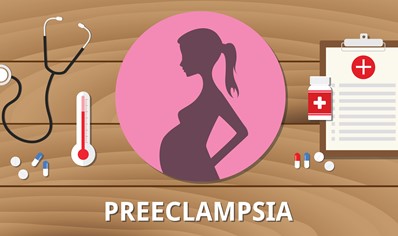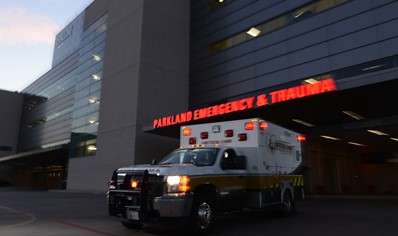
What Is Low Birth Weight?
November 25, 2024
At birth, most babies weigh somewhere between 6 and 8½ pounds.
Low birth weight means the baby weighs less than 5½ pounds.
If a baby weighs too little at birth, they will need extra help during their first few hours and days in the hospital. They may also need extra care after you take them home.
Babies with low birth weight may:
- have problems eating
- have trouble gaining weight
- be prone to catching infections
- be at risk for some long-term health problems
- have difficulty controlling their body temperature
What causes low birth weight?
The main causes of low birth weight are:
Premature birth, or preterm birth. If your baby is born before 37 weeks of pregnancy, they are premature.
Fetal growth restriction, or intrauterine growth restriction (IUGR). It means something slowed down or stopped your baby’s growth during pregnancy.
What are pregnancy risk factors for low birth weight?
You might be at higher risk during your pregnancy if you:
- are Black or African American
- are 17 years old or younger
- are 35 years old or older
- go into labor early
- have chronic health problems like high blood pressure
- have an infection
- take certain medications
- drink alcohol
- smoke or chew tobacco
- do not gain enough weight
- are pregnant with more than one baby
- are exposed to lead or air pollution
What are health risks for low weight newborns?
Newborns who don’t have enough body fat struggle to stay warm. Also, they are not as strong as larger babies.
Because they are so small, they have higher risk for complications, such as:
- low oxygen levels at birth
- infections
- jaundice
- breathing problems
- bleeding inside the brain
- serious inflammation of the intestines
As they grow up, these babies may struggle with:
- delayed motor skills
- problems interacting with other children
- difficulty in school
- high blood pressure
- heart disease
- obesity
- diabetes
How can I prevent low birth weight?
Be sure to ask your doctor about ways to stay strong and healthy during your pregnancy.
You should also:
- get regular checkups—and start as early as possible.
- eat nutritious food.
- make sure you get enough calories every day.
- avoid drinking alcohol
- avoid tobacco.
Member Resources for New and Expecting Moms
Parkland Community Health Plan offers a range of extra services for our pregnant members, including free car seats, free meal service, and rewards for completing checkups. Click here to learn more!



